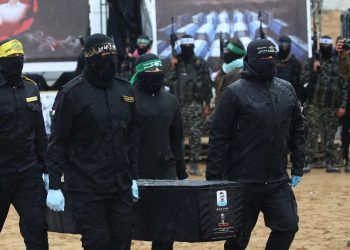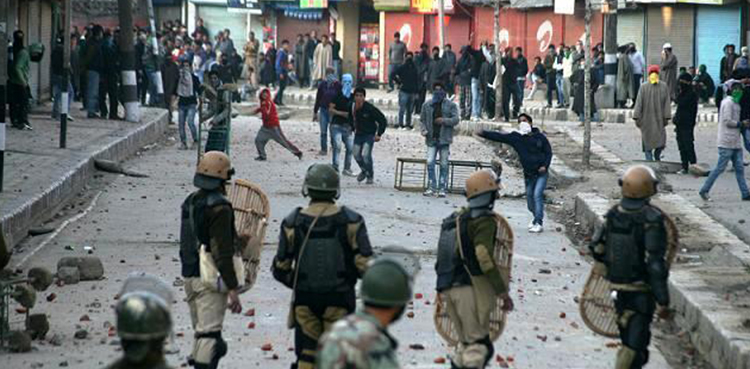WEB DESK
The Russian co-winner of this year’s Nobel Peace Prize has said Kremlin authorities told him to turn down the award.
Yan Rachinsky, who heads Memorial, said he was told not to accept the prize because the two other co-laureates – a Ukrainian human rights organization and jailed Belarusian rights defender – were deemed “inappropriate”. Memorial is one of Russia’s oldest civil rights groups and was shut down by the government last year. The Russian Foreign Ministry has been contacted for comment.
In an exclusive interview with the BBC’s HARDtalk programme, Mr Rachinsky said his organization had been advised to decline the award, but “naturally, we took no notice of this advice”. Despite threats to his safety, Mr Rachinsky said the work of Memorial remained essential.
“In today’s Russia, no-one’s personal safety can be guaranteed,” he said. “Yes, many have been killed. But we know what impunity of the state leads to… We need to get out of this pit somehow.” Memorial had been documenting historical Soviet repression. Its first chairman – Arseny Roginsky – was sent to Soviet labour camps for the so-called “anti-communist” study of history.
Announcing the prize winners, the Nobel Committee said that the Memorial was founded on the idea that “confronting past crimes is essential in preventing new ones”. Mr Rachinsky called the committee’s decision to award the prize to recipients in three different countries “remarkable”.
He said it was proof “that civil society is not divided by national borders, that it is a single body working to solve common problems”.













































